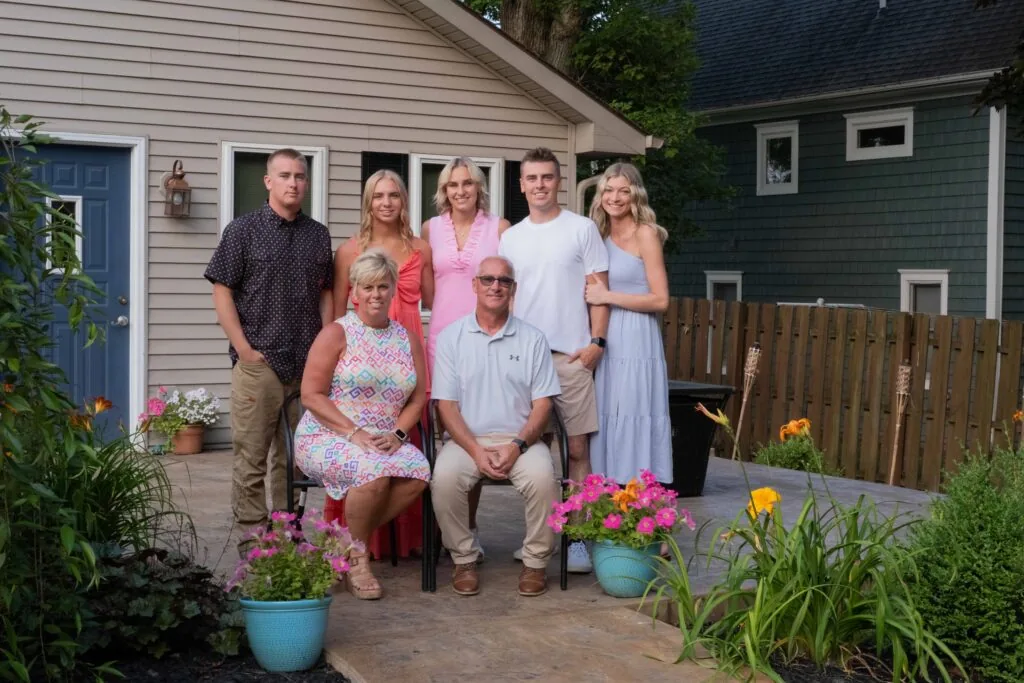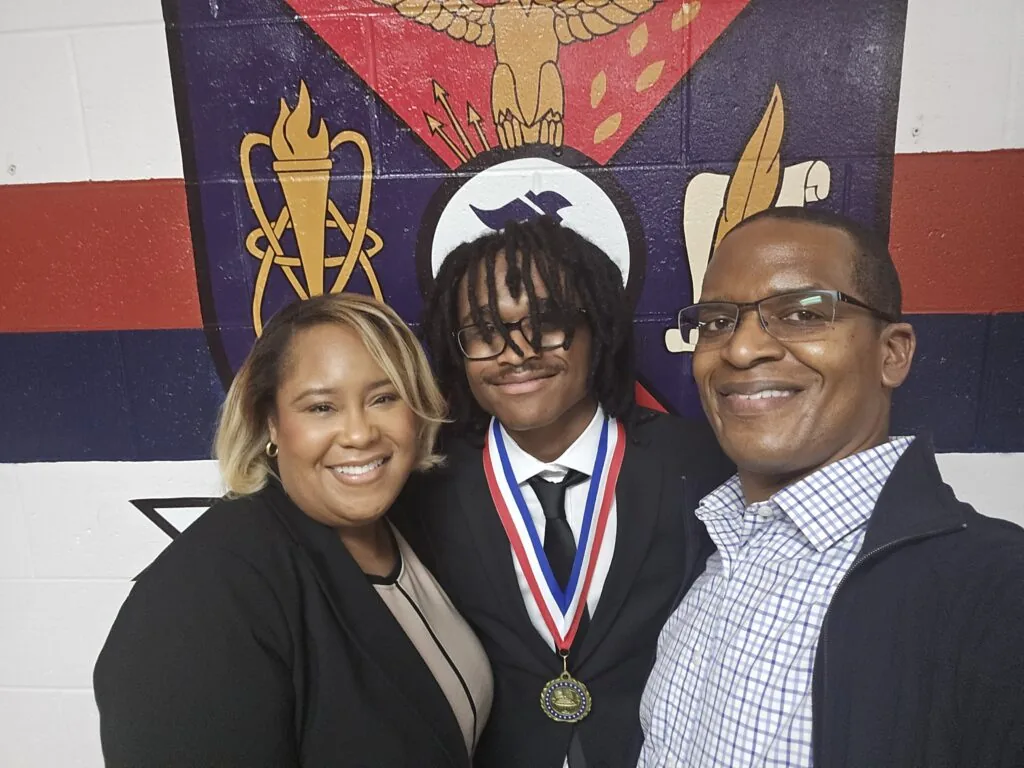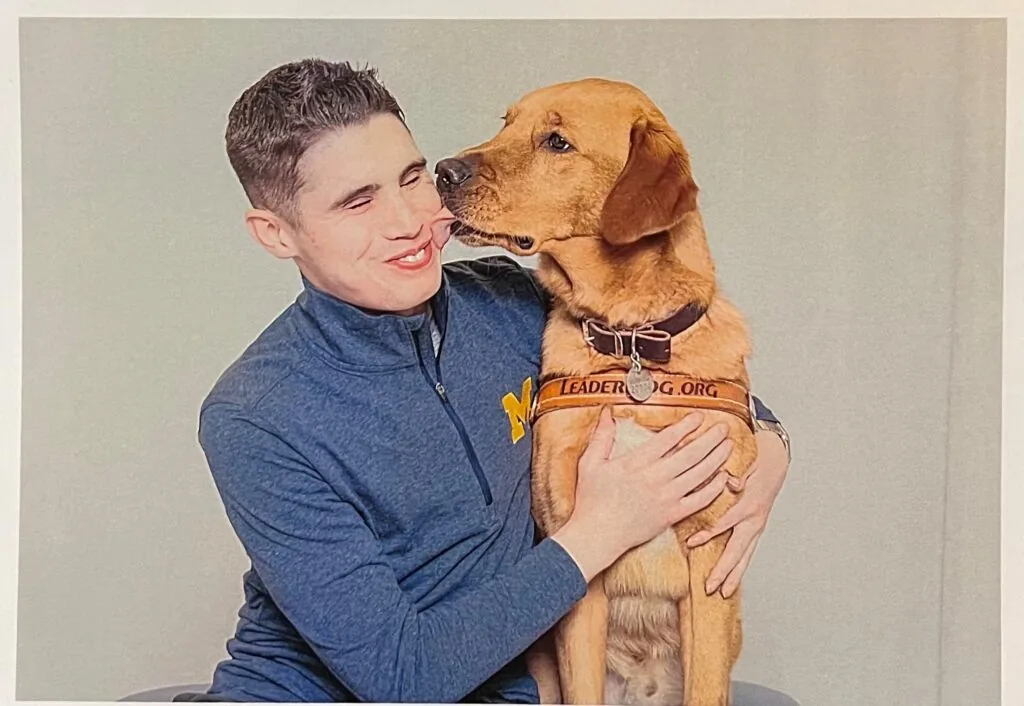Goal is to bolster awareness about organ and tissue donation and save lives
Twenty people die each day waiting for a life-saving transplant and more than half are ethnic minorities.
While the need for organs is great in multicultural communities, those groups are often more reluctant to join the Michigan Organ Donor Registry.
Gift of Life Michigan – the state’s organ and tissue donor program – is launching a major multicultural campaign this month to talk about the urgent need and to help people make informed decisions about donation.
The campaign’s Detroit kick-off event, “Let’s Talk,” took place on Thursday, May 23, at the Madison. “Let’s Talk” mobilized ambassadors of donation to share the message that organ donation saves lives.
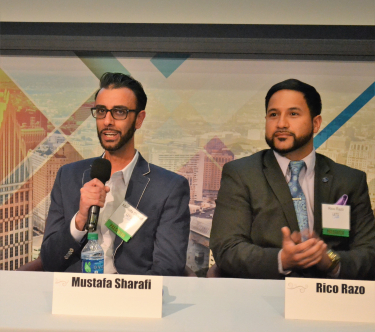
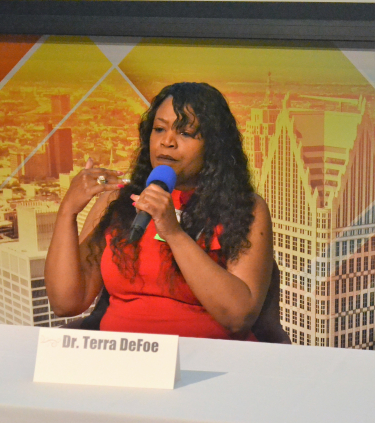
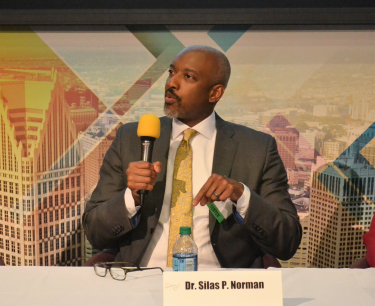
“This campaign is one of the largest Gift of Life has ever undertaken and that underscores our commitment to help make donation and saving more lives part of the culture in Michigan,” said Dorrie Dils, Gift of Life’s CEO. “The need is great in our multicultural communities, particularly for kidneys. We hope to help increase the level of understanding and support for donation.”
The campaign grew out of a research study conducted by Legacy Communication & Research, LLC. It shows that some groups are predisposed to cultural misinformation and limited understanding of the organ donation process. Additionally, multicultural groups are at greater risk of organ failure because of their predisposition to conditions such as high blood pressure and diabetes.
The research revealed:
-
African Americans are more apprehensive about registering as donors because of myths and generations of distrust of the medical community rooted in cultural history. Evidence suggests a better understanding of the organ donation process can address myths and misinformation.
-
There is a need in the Arab-American community to dispel religious myths that prevent many from embracing organ donation. Evidence suggests that partnering with religious and community leaders can help.
-
For Latinx groups, significant importance is placed on the role of family ties and social networks in making donate decisions. Evidence suggests dialogue across generations can clarify misinformation and change attitudes.
Gift of Life will host a series of Dialogue Circles in multicultural communities this summer to talk about myths associated with organ and tissue donation among the targeted populations. The campaign will conclude with a Celebration of Life event in October.
“It is critical that we encourage conversations about the importance of organ and tissue donation in order to positively impact our communities,” said Remonia Chapman, Gift of Life’s community outreach manager and director of Gift of Life MOTTEP. “It is our belief that increased dialogue will lead to increased awareness. Awareness will lead to the action that will save and transform more lives – that’s our commitment to our community.”
To learn more about Gift of Life’s multicultural campaign, visit golm.org/letstalk.
Gift of Life, created in 1971, is the intermediary between donors, their families, hospital staff and the state’s nine transplant centers.


